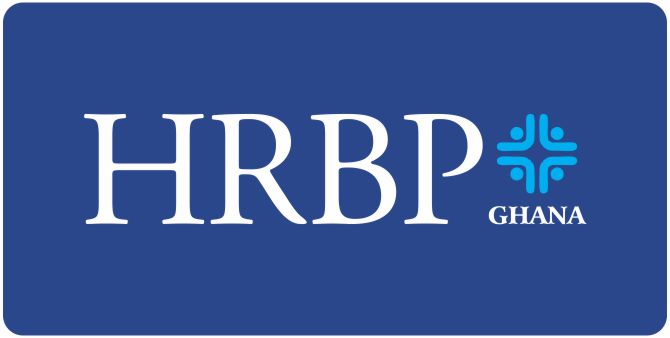Human resources (HR) departments are responsible for managing the many complexities of employee relations, including ensuring compliance with employment laws and regulations. These laws and regulations
are in place to protect both employees and employers, and it is the responsibility of the HR department to ensure that the company is adhering to them.
The role of HR in ensuring compliance with employment laws and regulations is critical for a number of reasons. First and foremost, it helps to protect employees from discrimination, harassment, and other forms of mistreatment. It also helps to protect the company from potential legal action, which can be costly and damaging to the company’s reputation.
One of the most important aspects of HR’s role in compliance is to stay up-to-date on changes in the law. Employment laws and regulations are constantly evolving, and it is the responsibility of the HR department to stay informed about any changes that may affect the company. This includes keeping track of changes to federal, state, and local laws, as well as any court decisions that may have an impact on employment practices.
In addition to staying informed about changes in the law, HR departments must also develop and implement policies and procedures that are in compliance with those laws. This includes creating policies and procedures around topics such as equal employment opportunity, workplace safety, and employee benefits.
HR departments must also ensure that all employees are aware of the company’s policies and procedures, as well as any relevant laws and regulations. This includes providing training and education on these topics, as well as regularly communicating updates and changes to policies and procedures.
Another important aspect of HR’s role in compliance is ensuring that the company’s hiring practices are in compliance with applicable laws and regulations. This includes ensuring that job postings are not discriminatory, that all job candidates are evaluated based on their qualifications and not on their race, gender, or other protected characteristics, and that all necessary background checks are conducted.
HR departments must also ensure that the company’s compensation and benefits practices are in compliance with applicable laws and regulations. This includes ensuring that employees are paid fairly and in compliance with minimum wage and overtime laws, that all necessary employee benefits are offered, and that all required reporting and recordkeeping is done.
Finally, HR departments must be prepared to handle any complaints or concerns that may arise related to employment laws and regulations. This includes having a process in place for employees to report any concerns, conducting investigations as needed, and taking appropriate action to address any issues that are identified.
In summary, the role of HR in ensuring compliance with employment laws and regulations is critical for both employees and employers. HR departments must stay informed about changes in the law, develop and implement policies and procedures that are in compliance, ensure that all employees are aware of those policies and procedures, and handle any complaints or concerns that may arise. By doing so, HR can help to create a safe and fair workplace for all employees while also protecting the company from legal action.
.


